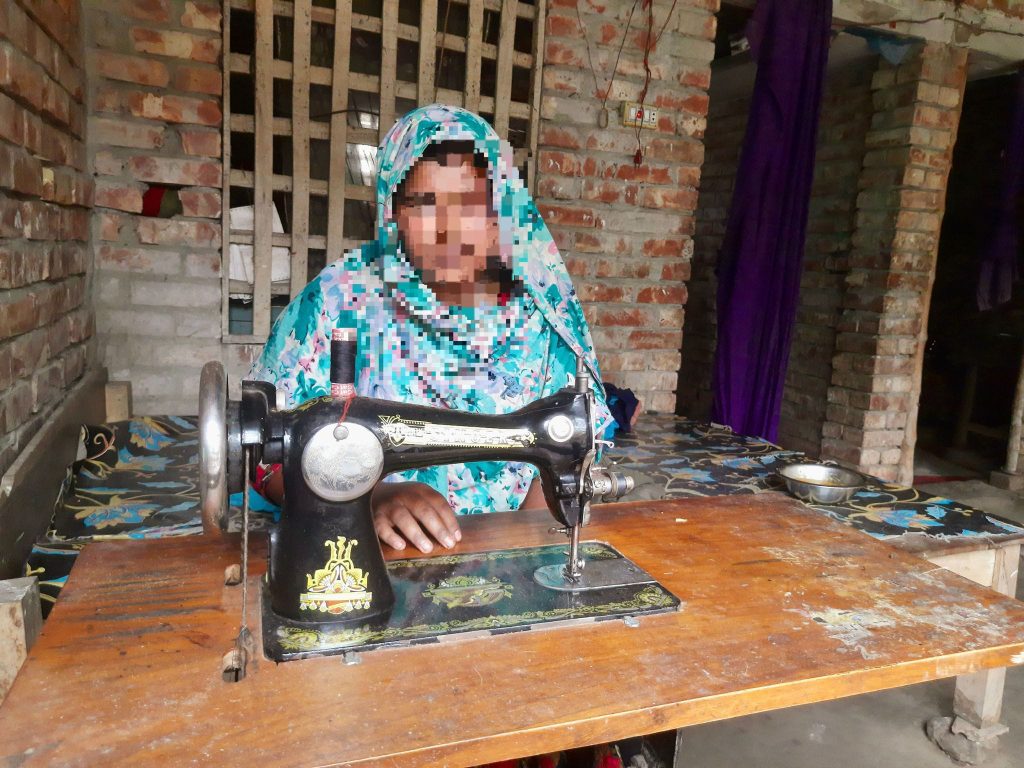Blog
Aswini: dare to dream
She was born into a very ordinary family in the small town of Alipur, in Bangladesh. She is the eldest of three siblings. Her father did not have her own land, so his salary was only what he got as a day laborer. Her mother took care of her children. But there were many economical challenges. For this reason, Ashwini’s parents only allowed him to study until he was 10 years old. And at 12 she was married to a young man from the same town. This marriage took place despite the fact that child marriage was declared illegal in Bangladesh in 1929, and since the 1980s the minimum age for marriage has been 18 for women and 21 for men.

Aswini was scared being dependent, but she thought that her life and that of her family would still improve. But no, her husband’s family also lived in extreme poverty, and although the family relationship was always good, both, her in-laws and her partner, fighting to make ends meet continued with her life too, and remained so until now.
At the age of 14 she had her daughter and her husband, diagnosed with a kidney problem, who has never been able to accept certain jobs that include physical effort. He also worked as an assistant to her father, who died in a work accident, and was left without a job. Things have been getting complicated: a husband without a permanent job; her mother-in-law has fallen ill and they have not yet obtained a diagnosis and treatment; and her daughter has already started school at the age of six.
In an attempt to raise money, Ashwini has started working as a tailor, but she has a hard time getting clients. So with all this context, and with the possibility of her daughter living the same life as her, Ashwini has developed a depression and everything is much more difficult for her and her family. One of the people from the communities that Mumbai Smiles works with in this area informed us of this situation, we contacted her and in recent weeks we have activated the necessary resources so that she can receive psychological care, as well as involve her in the activities that we promote for training and labor reintegration.
Now Aswini feels stronger and dares to dream of a life with opportunities for herself and her family, especially her daughter.






